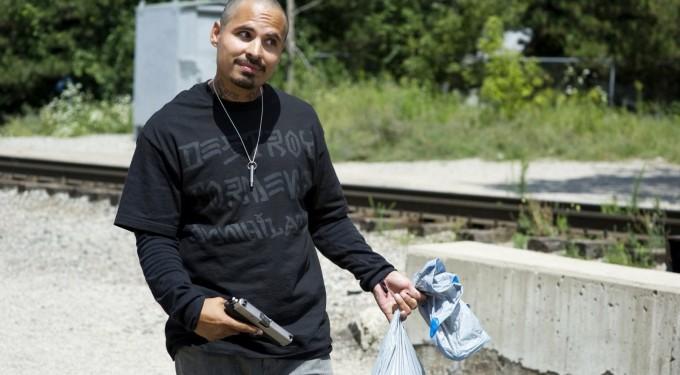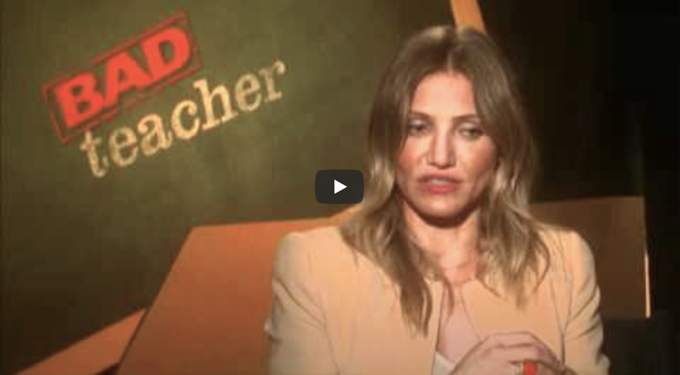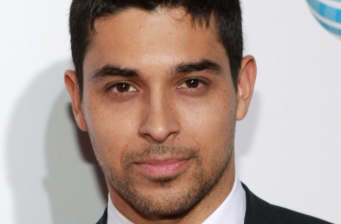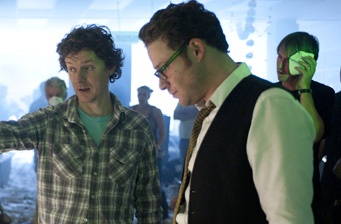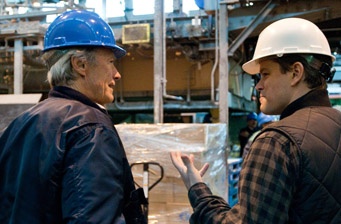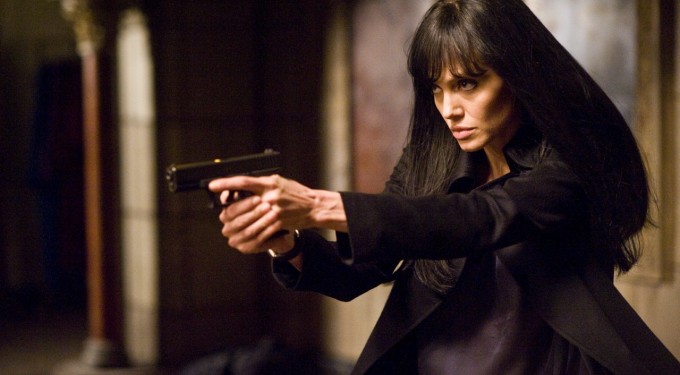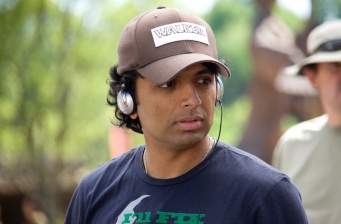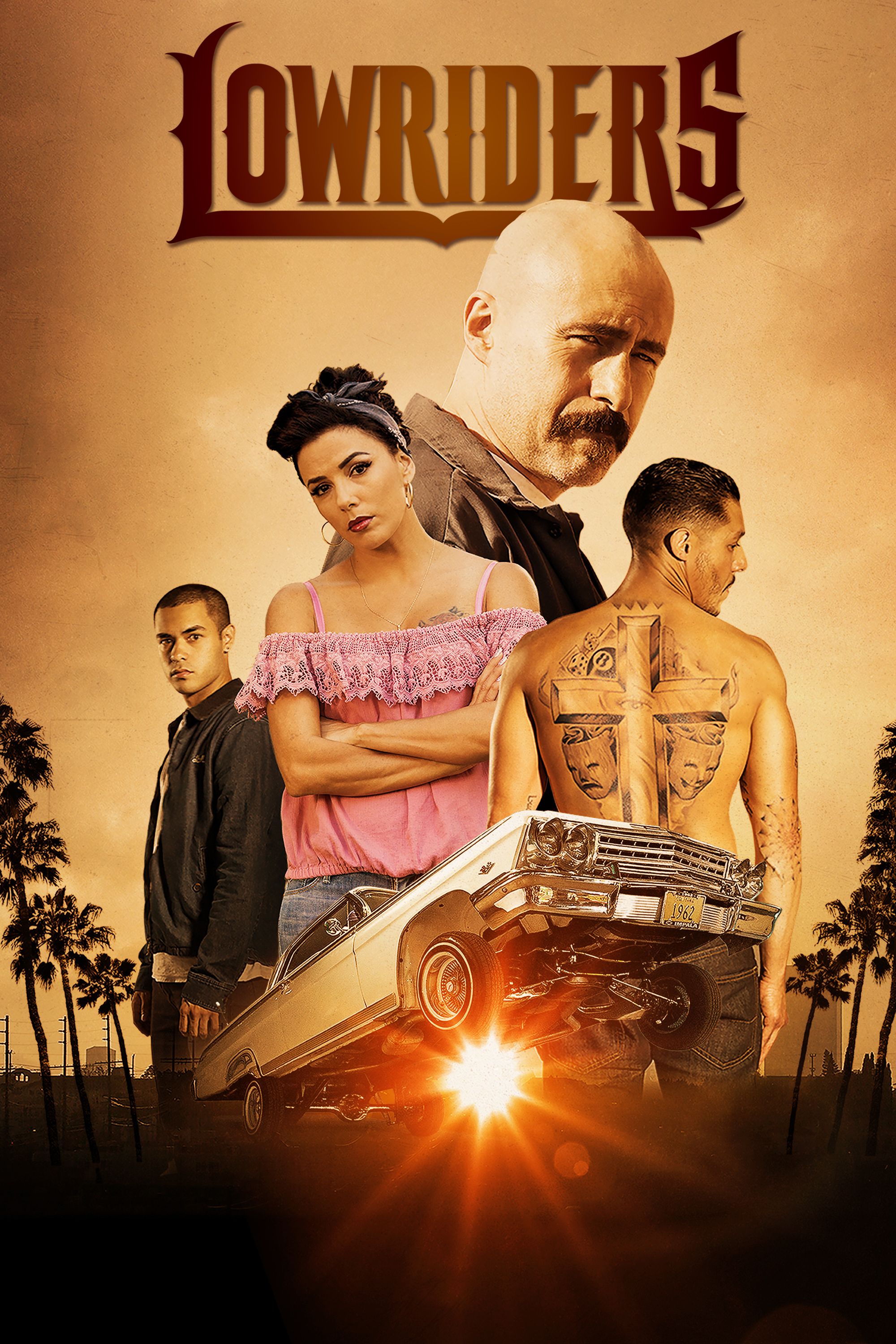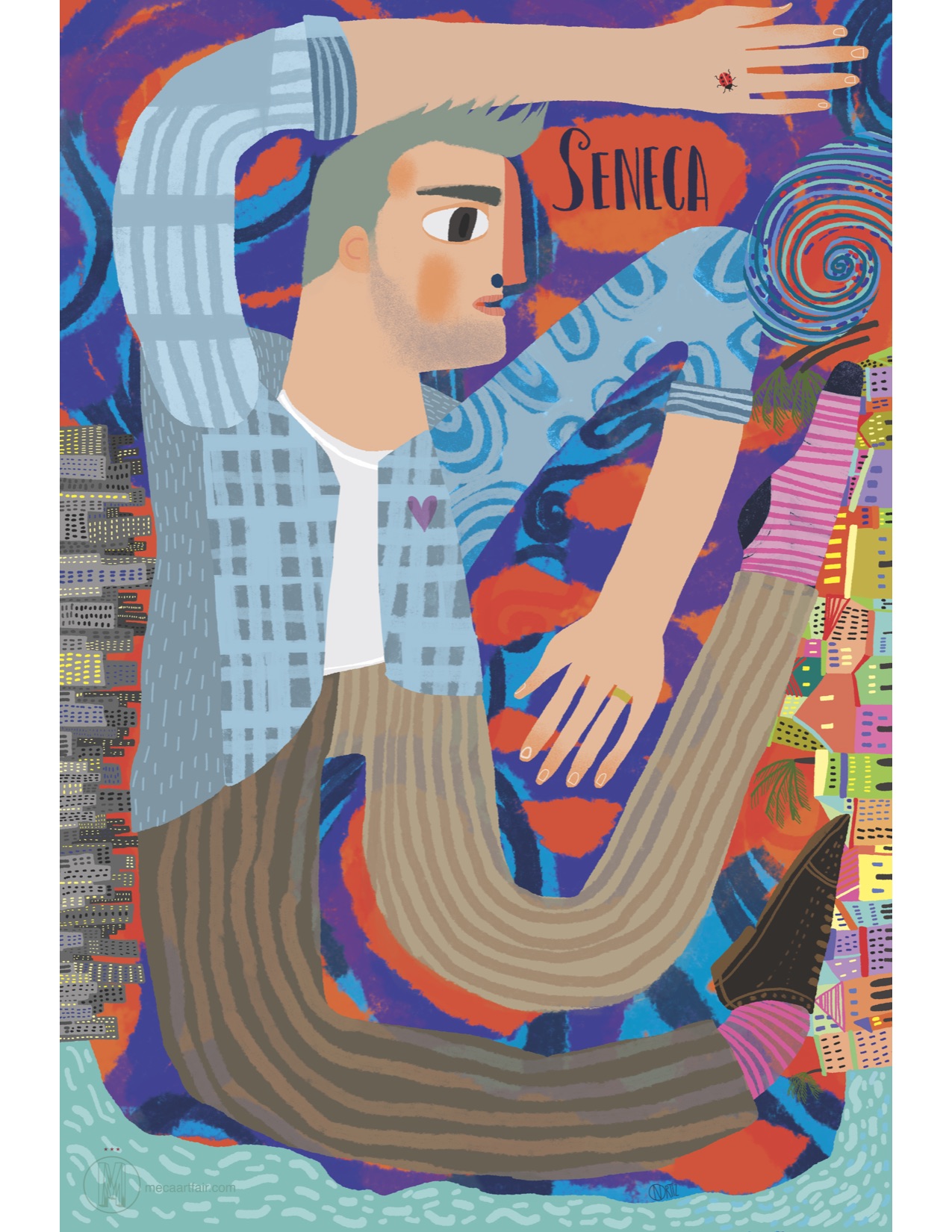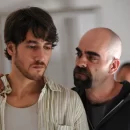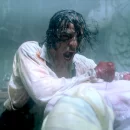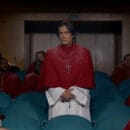Interview: 6 Questions With Michael Peña
08.12.2011 | By Jack Rico |
From drama to comedy, Michael Peña, the Chicago native with Mexican blood from Jalisco and San Luis Potosi, is in my opinion, one of the most underrated actors in the film business. He is also the next Latino actor who will win an Oscar. His performance as Jesus Martinez in The Lincoln Lawyer was as visceral and absorbing as any performance this year in a supporting role. The scene where Peña is being harassed by Matthew McConaughey’s character in an interrogation room is riveting. You couldn’t take your eyes off him. Read more after the jump. Read More

